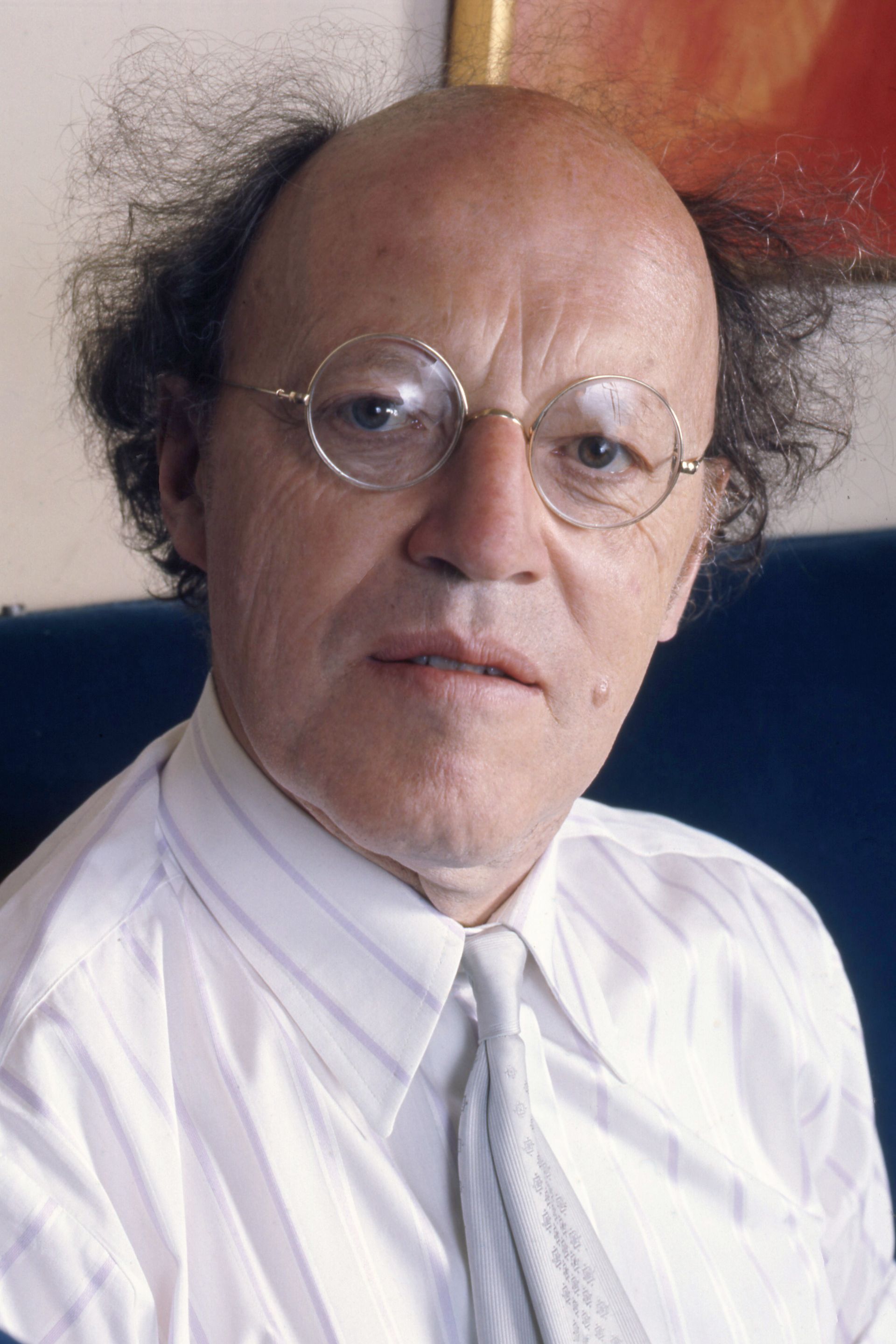1972
Our President in 1972/3 was:
The Right Hon. the Earl of Longford
He proposed the Toast to Sir Walter at our 65th Annual Dinner on Friday 2nd March 1973 in The North British Hotel
Download the [transcript] or read the [bulletin]
Summary of the Speech:
The Earl of Longford opened his address with characteristic humility, expressing a sense of unworthiness in comparison to past and future speakers, such as Robert Speaight, Malcolm Muggeridge, and Harold Macmillan. He noted his lack of a strong Scottish connection but mentioned his daughter’s book on Mary Queen of Scots and six Scottish grandchildren as partial ties.
Key Themes and Highlights:
1. Scott the Moralist and Contemporary Relevance
Longford originally considered speaking on "Scott the moralist" in the context of his own recent work on pornography. However, he concluded that the connection between Scott and that topic was too tenuous. Still, he explored the moral seriousness underpinning Scott's literary output, quoting John Buchan's assessment that Scott avoided prurience and focused on humanity and moral proportion.
2. Admiration Without Activism
He reflected that while Scott stood for purity and morality, he was unlikely to have publicly crusaded against obscenity in the 1970s, given his temperament. Unlike Byron, who was more radical and flamboyant, Scott’s morality was quieter and rooted in personal conduct rather than public denunciation.
3. Scott’s Ethical Legacy in Literature
Quoting
The Heart of Midlothian, Longford affirmed that Scott’s novels conveyed deep ethical truths. He maintained that literature, like Scott’s, conceived with purity of intention, can uplift a nation’s moral character.
4. Humility and Character
The Earl focused on humility as the cornerstone of Scott’s character—contrasting him with figures like Wellington and Lord Attlee. Though a conservative and religious man, Scott’s moral depth and sympathy for the poor were emphasised. Jeanie Deans was praised as a moral exemplar and one of literature’s greatest figures.
5. Recognition of Personal Failure
Longford explored Scott’s financial ruin in 1825 and his stoic response, quoting from his
Journal. Scott did not wallow in self-pity but acknowledged his ambition and flaws. His acceptance of suffering was described as both humble and heroic.
6. Courage in Adversity
Despite his downfall, Scott continued working with remarkable resolve—writing
Woodstock during the darkest days after the financial crash. His unwavering discipline and spiritual resignation were presented as the epitome of Christian endurance.
Interesting Points:
- Link to Contemporary Moral Issues: Longford initially planned to address Scott in relation to the 1970s debate on pornography, reflecting his own involvement in the issue. Though he pivoted away, this framing added a unique context.
- Personal Connection to John Buchan: He was mentored by Buchan at Oxford, lending a personal depth to his reflections on Scott’s biographer.
- Comparisons to Wellington and Byron: These figures are used as foils to reflect Scott’s particular brand of moral and literary greatness.
- Jeanie Deans: Repeatedly held up as a moral paragon and used as a lens through which to interpret Scott’s ethical philosophy.
Download the [transcript] or read the [bulletin]

Subsidiary Toasts
After the toast to the Queen had been honoured, the Chairman proposed “the City of Edinburgh” to which the Rt. Hon. John Kane, O.B.E., Lord Provost, replied.
The toast of “Her Majesty’s Forces” was proposed by Sir John Bruce, C.B.E., T.D., F.R.C.E., F.R.C.S.E., and the reply was made by Air Vice-Marshal C. V. Winn, C.B.E., D.S.O., D.F.C., R.A.F., Air Officer, Scotland and Northern Ireland.
The toast to “The Chairman” was proposed by Mrs Patricia Maxwell Scott, O.B.E.


